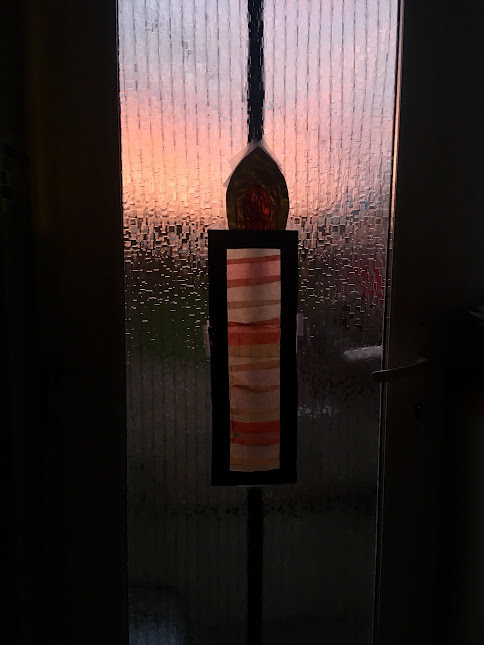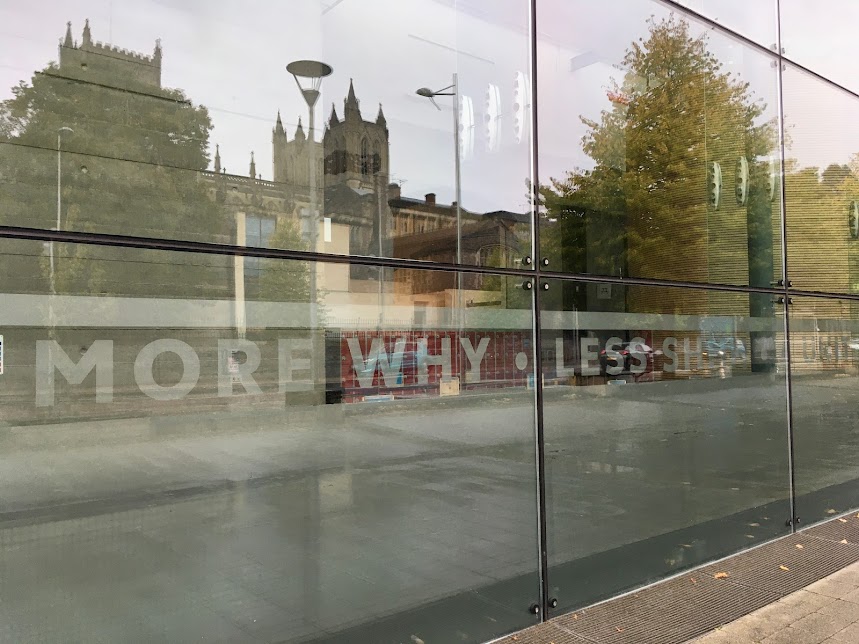This Week’s Bit of String: Possible planetary shift
“Miss, is it true that moving the earth even a centimetre out of orbit would basically destroy everything?”
I’m not certain, Year 11 child who’s supposed to be completing a textbook-based cover lesson on greenhouse gases in the last period of the schoolday.
If I’d thought critically about what an orbit is, and the way it represents the equilibrium of attraction between two planetary bodies, I would probably have confirmed the student’s query. A change in orbit could trigger sudden prolonged extreme temperatures or just cause the earth to plummet into the sun which, come to that, would be a particularly prolonged temperature change.
But it’s hard to properly consider an extra theory when you still have remnants of covid brain from less than two weeks ago, and you’re trying to prepare teenagers for exams while fielding queries from cover teacher and students alike, such as: “Did you find Jacob?” and “Miss, what’s your opinion about amputees?” (Kids are just weird, ok?)

Anyway, once I was home and the dust of my thoughts settled, I channeled them into a new wormhole. I researched what would happen if the earth’s orbit skewed, if its tilt altered, and also looked into the calculations being done to check the feasibility of moving the earth further from the sun.
All interesting and fairly unlikely, but what intrigued me was what, I suspect, intrigues a lot of us readers and writers. How a tiny change can make a big difference, how a slight tick of motion can catalyse vast movements.
Being Moved
My most recent (and utterly wonderful) read was Nicole Krauss’s The History of Love, in which a character mentions being “moved” by a book. “It moved me in a way one hopes to be moved each time one begins a book. What I mean is, in some way I’d find impossible to describe, it changed me.”
I thought, couldn’t they have come up with a better verb for such a significant impact? “Move” is stretched wearily over many meanings. But as I reflected on our use of move, I warmed to the term. Sometimes having multiple uses is appropriate. It allows a word extra levels.
We talk about moving up or moving out. We move house and move away, dream of moving mountains and possibly moving the earth’s orbit. There are chess moves and symphonic movements and moves to proceed or to adjourn. Aristotle even came up with a theory referring to God as the Unmoved Mover.
A book (or other work of art) is an Unmoved Mover. It didn’t spring up out of nowhere, but by the time we hold it in our hands, it is standing on its own, detached from its maker. Its power is only what we can take from it, yet it gives so much.
Roots and Tongues
The oldest known version of the word move comes from the proto-Indo-European root meaning “to push away.” There are undoubtedly books that knock us slightly out of orbit. Our temperature heats up, and we proceed with a certain rawness. It’s often, as Krauss writes, impossible to point out a concrete change in our lives. Yet who can say what we notice, how we react, that comes down to our sensitivity being pricked by a book?

While thinking about our use of this word in English, I consulted the gloriously warm and talented poet Elizabeth M Castillo. She is fluent in several languages, and let me know about the word “ému” in French, which is deeper and longer-lasting than “moved.” I suppose it’s a bit like our word emote, but in English that sounds sort of… clinical.
“Affect” or “inspire” are a bit vague, whereas I’ve come to like the physical, visceral implications of “move.” A story can be touching, but to say a book “touches” me feels uneasy.
In Spanish, Castillo says, there’s “conmovido,” which is different from their word for physical movement. It “implies something or someone is doing it to you… bringing you along into a feeling.” A bit like an Unmoved Mover, again.
Stories on the Move
I feel as if the best reads can be Unmoved Mover books that give you a shove, or companion books that move along with you, or paper boat books which do the moving for you. Elizabeth M Castillo’s poetry book Cajoncito is one of the latter. Reading her poems, I feel relieved, as if someone’s unlocked sentiments I hadn’t managed to untangle yet, and set them afloat. It’s on sale through Amazon, and honestly the first poem alone is worth the price.
It’s not just books, of course. Would I have made it through my teen years without accompaniment from Tori Amos and the Les Miserables soundtrack? Have you ever had the lights go up from a live stage production and felt your life as you knew it is over; you’ve been elevated to a different plane and your trajectory has inevitably, if not definably, swerved? In the end, have you come up for a better word to describe the general experience than… “moving?”






